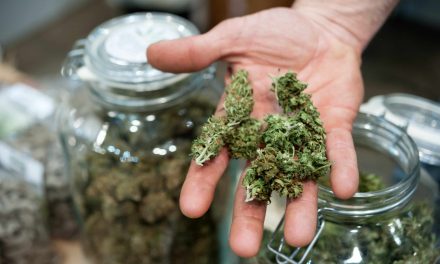The Planet is Dying: The Urgent Need for Action
Despite the overwhelming evidence, there are still those who deny the dire state of our planet. But the data is clear: the Intergovernmental Panel on Climate Change (IPCC) predicts that by 2030, the Earth will surpass 1.5°C of average global temperature compared to pre-industrial levels. This can only be prevented if countries meet their targets set by the Paris Agreement. However, the situation is looking even bleaker. Not only has the U.S. withdrawn from this international commitment, but environmental pollution continues to escalate.
An Oxfam study revealed that the planet’s richest 1% emitted their annual per capita share of carbon dioxide in just the first ten days of 2025. That’s 77 million people earning over $150,000 a year, releasing a staggering 76 tons of CO₂ every twelve months, primarily through private jet travel. The United Nations Environment Programme (UNEP) warns that if current policies are not improved, the global temperature increase could reach a catastrophic 3.1°C by 2030.
The Devastating Effects of a Warmer Planet
But what does it mean for the planet to heat up relative to the pre-industrial era? According to young environmental activist Ariana Krochik, the consequences are dire. “Rainfall will cause worse floods, droughts will ruin crops, and winds will sweep away entire cities. We have already seen disasters like the Dana storm in Valencia and the floods that submerged Florianópolis, Brazil. And extreme heat cannot be solved with air conditioning. Wildfires are becoming increasingly intense,” she explains. “2030 will not be different from today. It will be more intense.”
The IPCC emphasizes that the main front of climate change is the actions humans can take to slow these processes. However, as Krochik points out, it is incredibly challenging to stop them given our current production models and food consumption habits. The global food system alone accounts for one-third of greenhouse gas emissions.
The Role of Southern Countries in the Climate Crisis
Krochik also highlights the disproportionate impact of the climate crisis on Southern countries. “We are the planet’s great environmental creditors because we provide our land for the development of Northern countries,” she explains. This is due to a model imposed by multinational corporations such as Bayer and Syngenta through what is known as the technology package. “For commodity production (soy, wheat, and corn), genetically modified seeds resistant to various agrochemicals – herbicides and pesticides – are used. These crops are sprayed to eliminate everything, including weeds, insects, and fungi. This results in the loss of biodiversity, poisoning of people, and contamination of water and soil. And these crops are not even used to feed society, but for export,” Krochik adds.
In a country like Argentina, where more than 50% of the population lives below the poverty line, the consequences of this model are devastating. “Addressing the climate crisis is impossible without questioning our production models and food consumption habits,” Krochik concludes. It is time for urgent action to save our planet before it’s too late.




